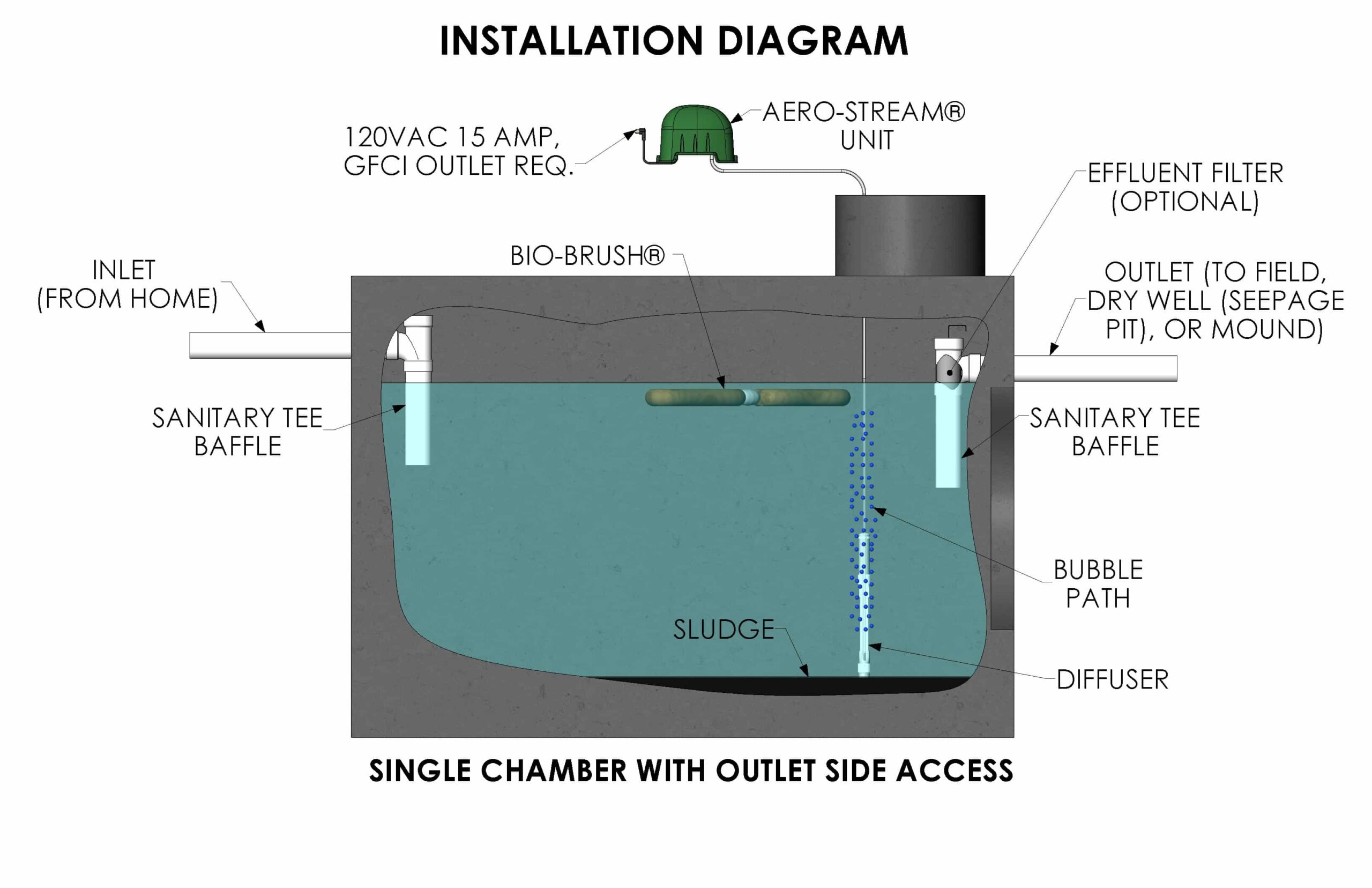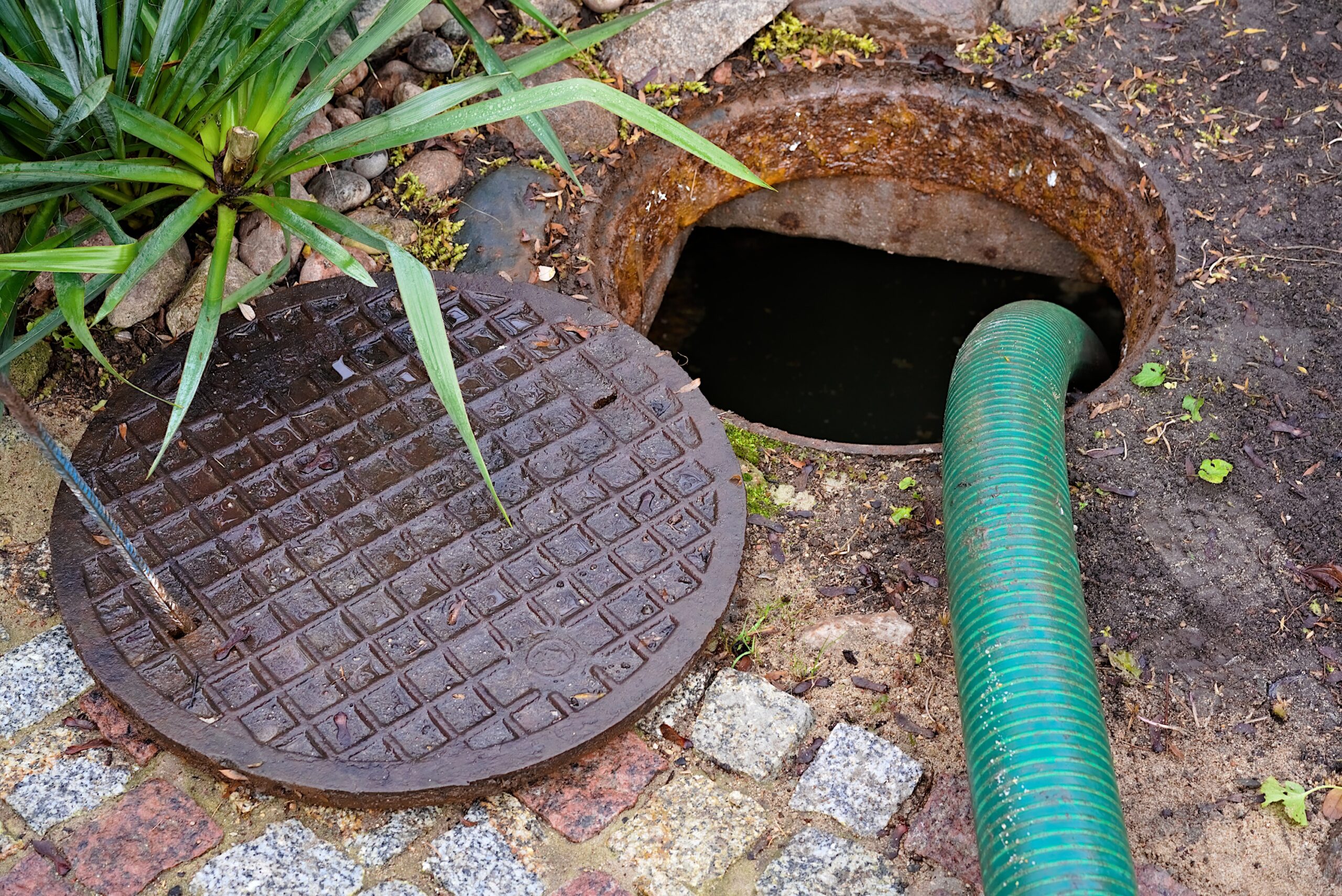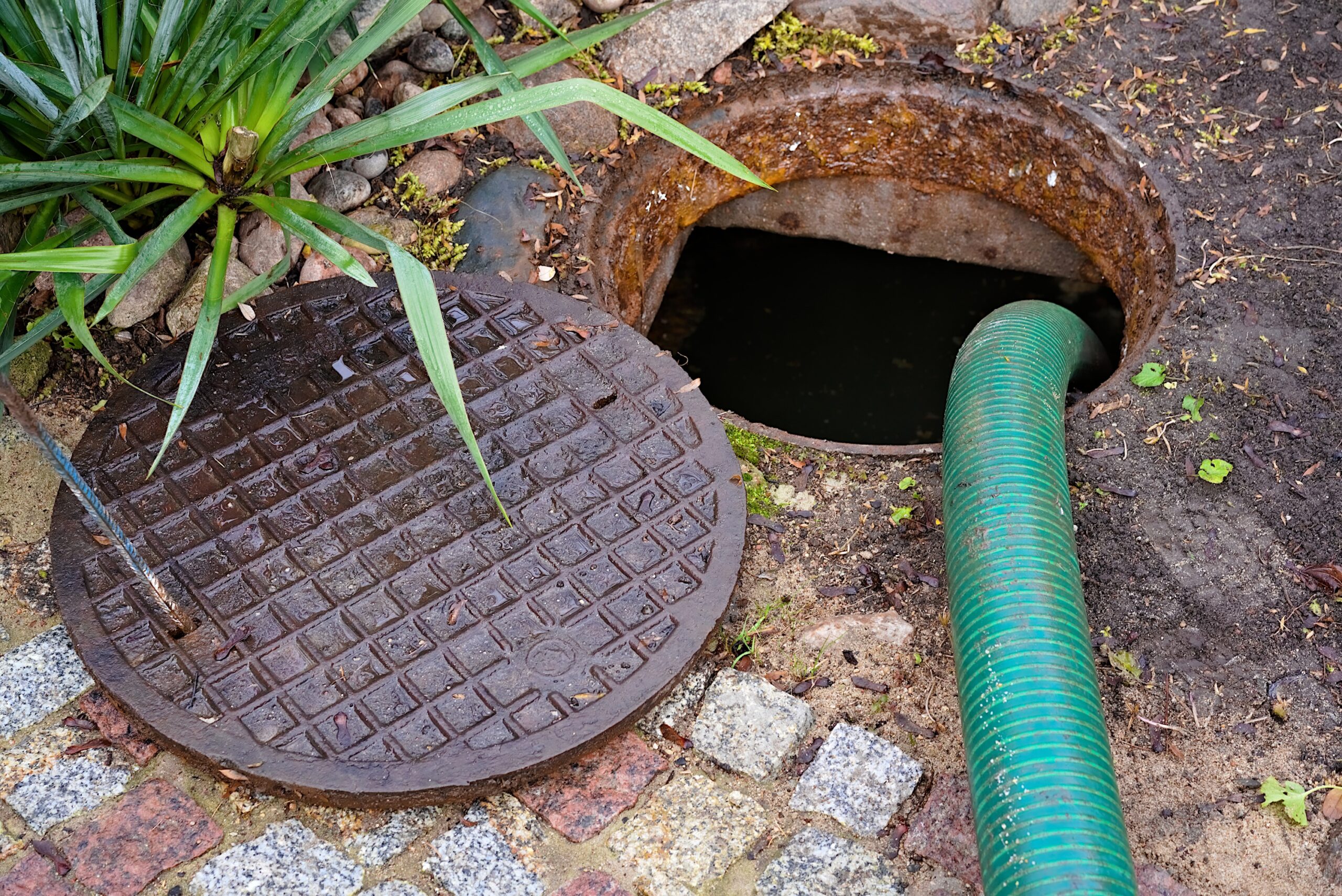Your septic tank service told you that the addition of a septic tank chemical or biological additive would save you money as you would not have to have your septic tank emptied as frequently and would also aid in extending the life of your septic system.
The fact is you have been lied to!
Ask the company to provide you with scientific proof that additives have anything other than potentially harmful effects on septic tanks. They cannot. There is absolutely no credible scientific source that substantiates any claims for benefits of septic tank additives.
The only thing that septic tank additives are good for is lining the manufacturer’s pockets with your hard-earned cash.
Today, there are more than 1200 septic tank additives available to buy. Yet, scientific studies done by independent and government researchers show that at best they do nothing. At worst, they cause premature tank failure and cause the property owner to spend at least $15,000 to have a new septic tank system installed.
A United States Department of Environmental Safety report entitled Onsite Wastewater Treatment Systems Special Issues Fact Sheet 1 enumerates three types of additives for septic tanks:
- Inorganic compounds: These are harsh acids or alkalis that makes claim will open clogged septic tank system without damaging the tank itself. However the Environmental Protection Agency disputes this claim and says that use of these products “can adversely affect biological decomposition processes in the treatment system and cause structural damage to pipes, septic tanks and other treatment system components”. The report further states that their use is no longer recommended.
- Organic solvents: The Environment Protection Agency cautions against using these septic tank additives as they are degreasers and designed to dissolve oil and grease. According to their report, these additives harm the beneficial bacteria in septic tanks. In fact, the report notes that they have been banned in many states as they cause ground-water contamination. Good intentioned people who use this type of septic tank additive may cause water supplies to become contaminated and inadvertently subject themselves to civil lawsuits.
- Biological additives: The Environmental Protection Agency reports that, at best, biological additives do no harm to a septic tank system. However, recent evidence suggests that the effluent water layer actually becomes contaminated with toxic material and can lead to severe problems with groundwater that supplies fresh water to others.
The Clark County Health Department, headquartered in Vancouver, Washington, completely supports the Environmental Protection Agency report. While they have not banned septic tank additives outright, they have a list of additives that may be used in the State of Washington as they seem to cause no damage. However, Clark County strongly suggests that no additives are worthwhile and are a waste of money.
The best and least expensive way to care for a septic tank system is to forgo additives. Having the system pumped out every two to three years is cost-effective and safe.
If your septic tank maintenance company attempts to sell you any septic tank additives, the only motivation is to make money and not to help you.











